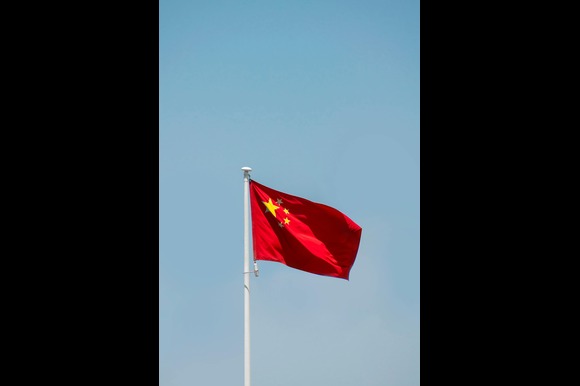As the initial phase of the ceasefire in Gaza comes to an end, China has called for the swift development of strategies for post-war governance and reconstruction in the region. The nation has reiterated its commitment to Palestinian self-determination and the establishment of a two-state solution. This appeal was made during a telephone conversation between Chinese Foreign Minister Wang Yi and his Egyptian counterpart, Badr Abdelatty, on Saturday, as reported by the South China Morning Post.
This dialogue represents one of Beijing’s earliest direct involvements regarding Gaza’s post-war governance following the ceasefire agreement reached between Israel and Hamas last month. The ceasefire is designed in three phases, with the second phase aimed at securing a permanent ceasefire and the third focusing on rebuilding efforts in the war-torn area.
China supports a two-state solution for Palestine
Beijing has underscored that any governance structure for Gaza must adhere to the principle of Palestinian self-determination, recognizing the enclave as a vital component of Palestinian territory. China remains committed to advocating for a two-state solution based on the 1967 borders, which would require the removal of Israeli settlements in the West Bank and guarantee Palestinian sovereignty over both the West Bank and Gaza.
Egypt opposes Trump’s Gaza displacement proposal
In the course of discussions, Wang conveyed China’s endorsement of Egypt’s recovery initiative, which highlights the necessity for Palestinians to stay in their homeland. The Egyptian government has firmly rejected any proposals that could result in widespread displacement. This position was reaffirmed during a recent meeting between Abdelatty and US Secretary of State Marco Rubio in Washington, where Egypt reiterated its opposition to the Trump administration’s plan for Gaza.
China’s diplomatic initiatives in West Asia
China has actively engaged with Saudi Arabia regarding this matter. Wang met with Saudi Foreign Minister Prince Faisal bin Farhan bin Abdullah during the G20 summit in Johannesburg, where they discussed the Palestinian-Israeli conflict. Riyadh recognized China’s unwavering support for Palestinian rights and expressed trust in Beijing’s capacity to foster regional peace. Wang reaffirmed China’s dedication to collaborating with Arab nations in rectifying historical injustices.
Beijing’s diplomatic efforts are part of its strategy to enhance its influence in West Asia, particularly in light of the widespread regional rejection of Trump’s proposals concerning Gaza’s future. Recently, at the United Nations Security Council, China firmly opposed any political negotiations regarding Gaza’s status. Furthermore, Beijing has committed to providing humanitarian assistance, announcing plans to dispatch 60,000 aid packages. Food parcels to Gaza after the US halted its foreign aid contributions.






